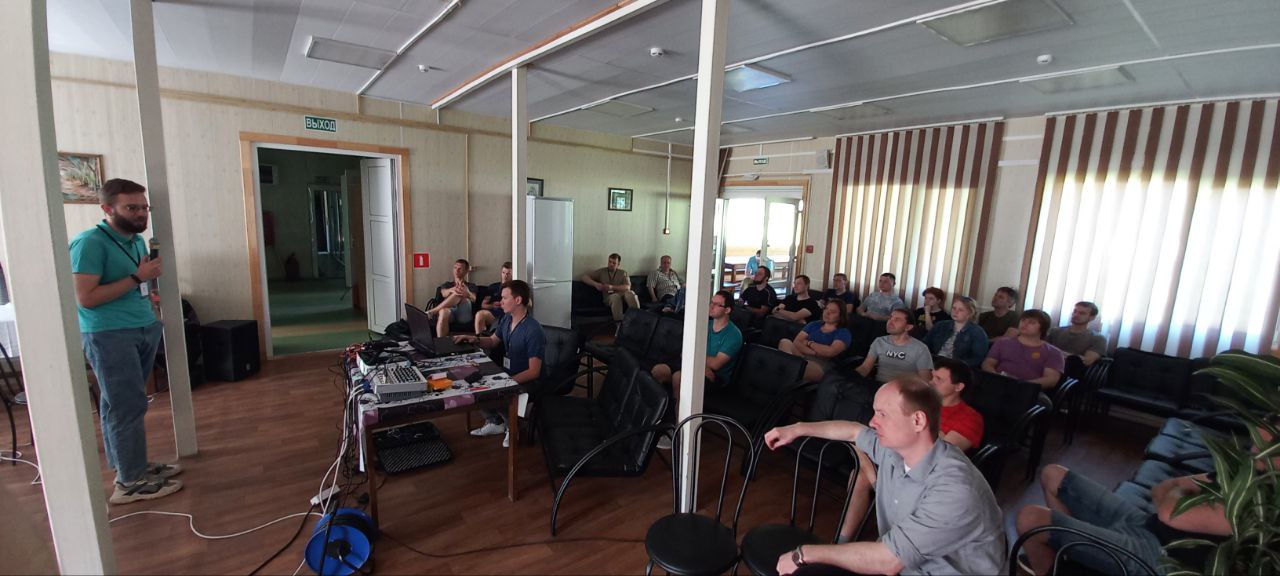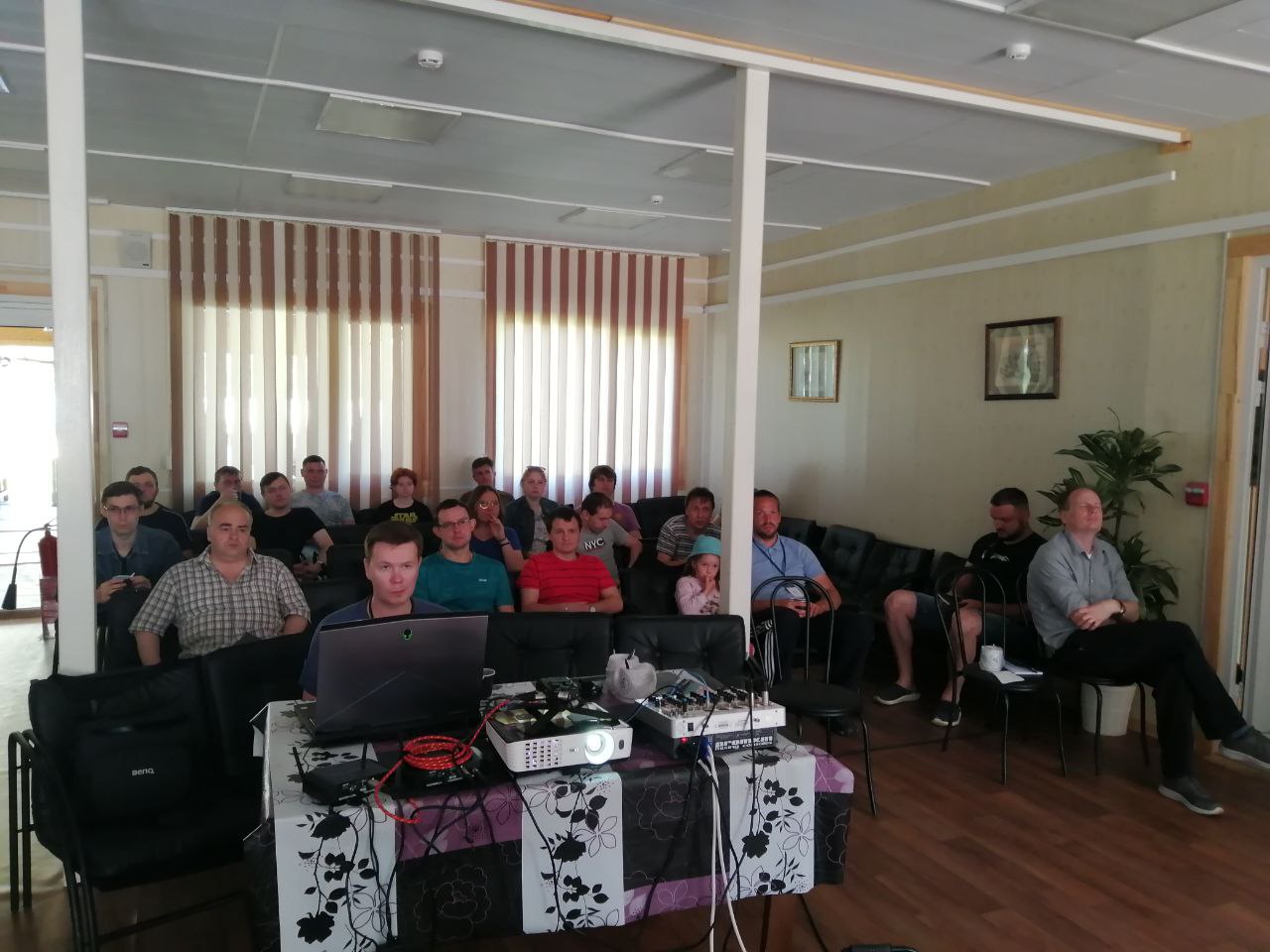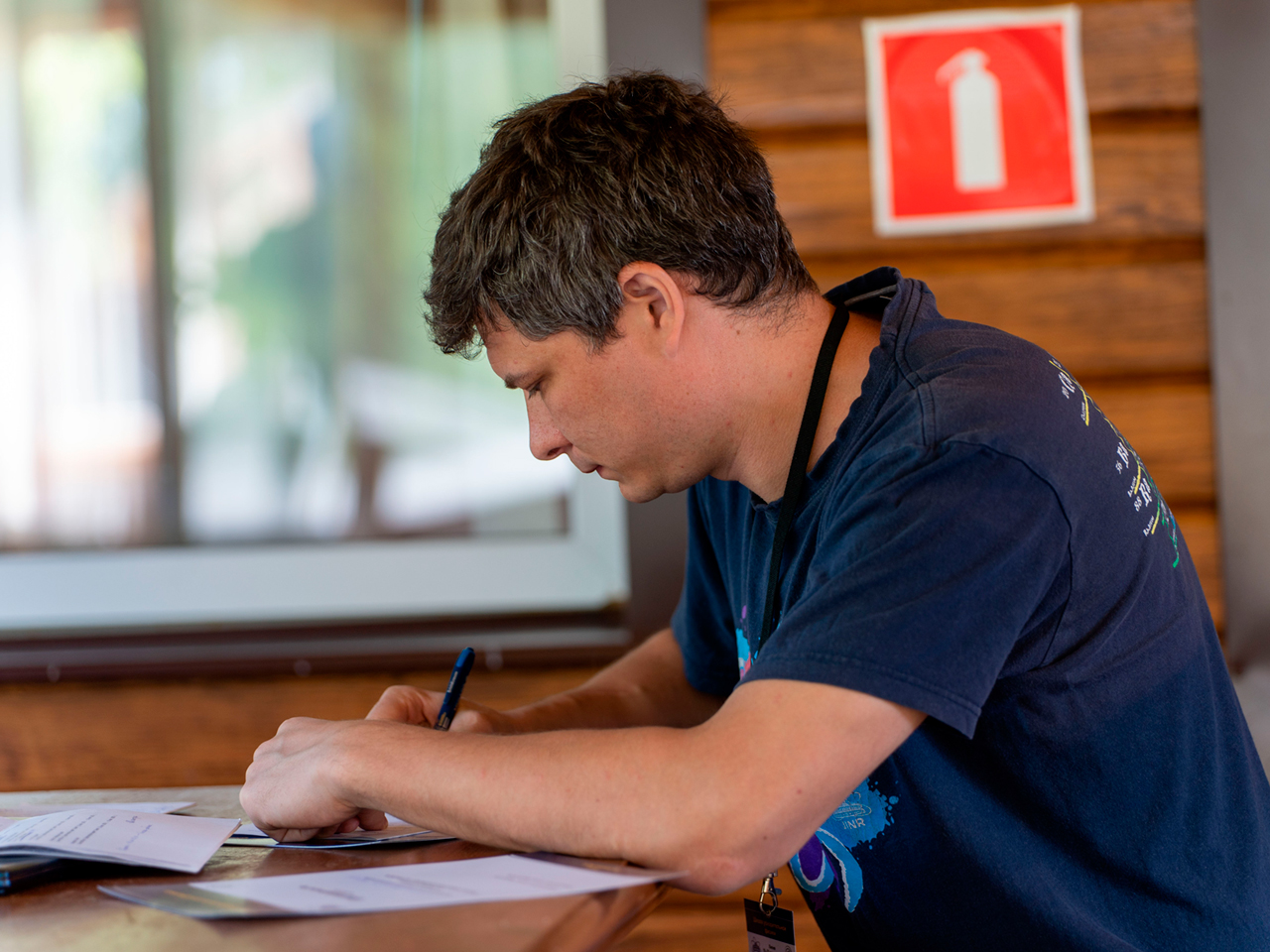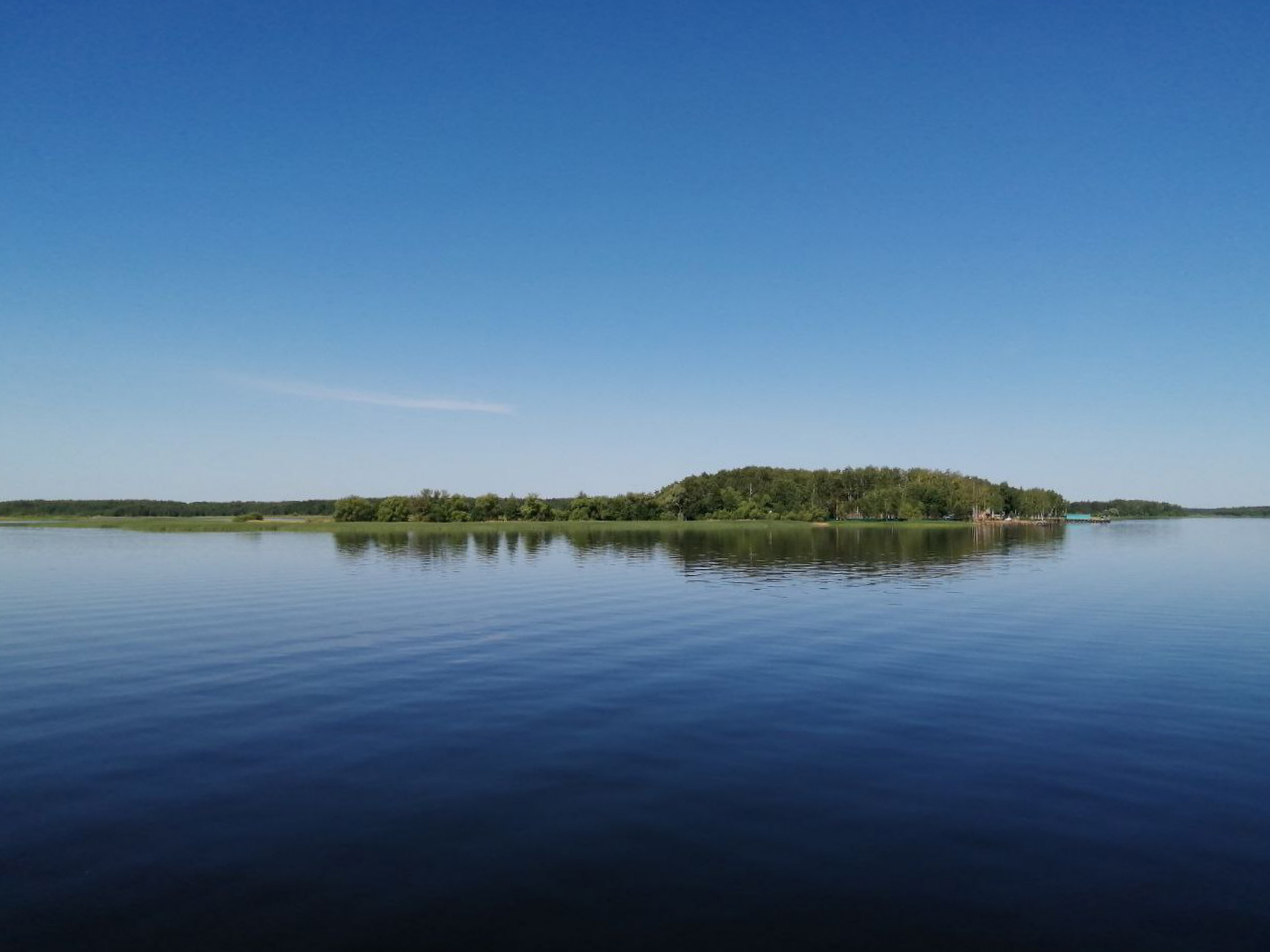Lipnya welcomes first JINR School of Accelerator Physics
News, 19 June 2023
From 19 to 23 June, the Association of Young Scientists and Specialists of JINR is holding the first School of Accelerator Physics. Almost three dozens of young specialists have gathered at the Lipnya Tourist Base of JINR to get an idea of accelerator physics and learn about the latest achievements in science and technology in the fields of charged particle physics and accelerator technology. Within the School, employees of the Institute will attend a lecture course by leading scientists and specialists into basic principles of operation and major systems of accelerators of charged particles.
“We hope that the School will become an annual event for young employees to learn about latest achievements in accelerator technology, as well as to gain knowledge on how accelerators are operated at the Institute’s Laboratories,” Mikhail Shandov, one of the organizers of the School, a researcher at the Laboratory of High Energy Physics JINR, noted in his welcoming speech.
The School’s programme includes lectures on the basics of accelerator physics and facilities used in this field, like sources of light particles and heavy ions, polarized beams, synchrotrons. A set of lectures on the JINR projects “From the Synchrophasotron to the NICA Collider” is planned for young researchers. It will acquaint them with the design of complexes, structures, control, experiments. Moreover, the programme includes lectures on application of accelerator physics beyond scientific experiments: participants will learn how this aspect is used to create vacuum, microwave and HF devices, electron cooling and power supply systems. In addition, discussion session on scientific projects are planned.
Vladislav Rozhkov, co-chairman of the School, a junior researcher at the Laboratory of Nuclear Problems JINR, shared more details about the event and future plans, “This is the first School of Accelerator Physics. We are going to hold it once a year at least, maybe even several times a year. The School covers basic knowledge in the field of accelerator technology. Participants of the School will get a full image of various accelerator systems. Lecturers of the School are specialists in the area of accelerator technology, including leading figures of the domain. It is not a coincidence since one of the tasks we are setting ourselves is to establish the continuity of scientific generations, so that to ensure that young scientists can directly speak and ask questions to their senior colleagues.” Vladislav Rozhkov also noted that the School aroused active interest in the Laboratory of High Energy Physics. The Laboratory of Nuclear Reactions has already begun preparations for the next School of Accelerator Physics. The Laboratory of Nuclear Problems is also ready to join this initiative.
Tatyana Kudinova, engineer at SDCR LHEP, shared her impressions: “The new knowledge that is given here is from other areas of scientific activity, and I’m interested to find out what my colleagues are doing. Living conditions on the island exceeded all our expectations! I hope to meet current and new participants of the School next year!”






